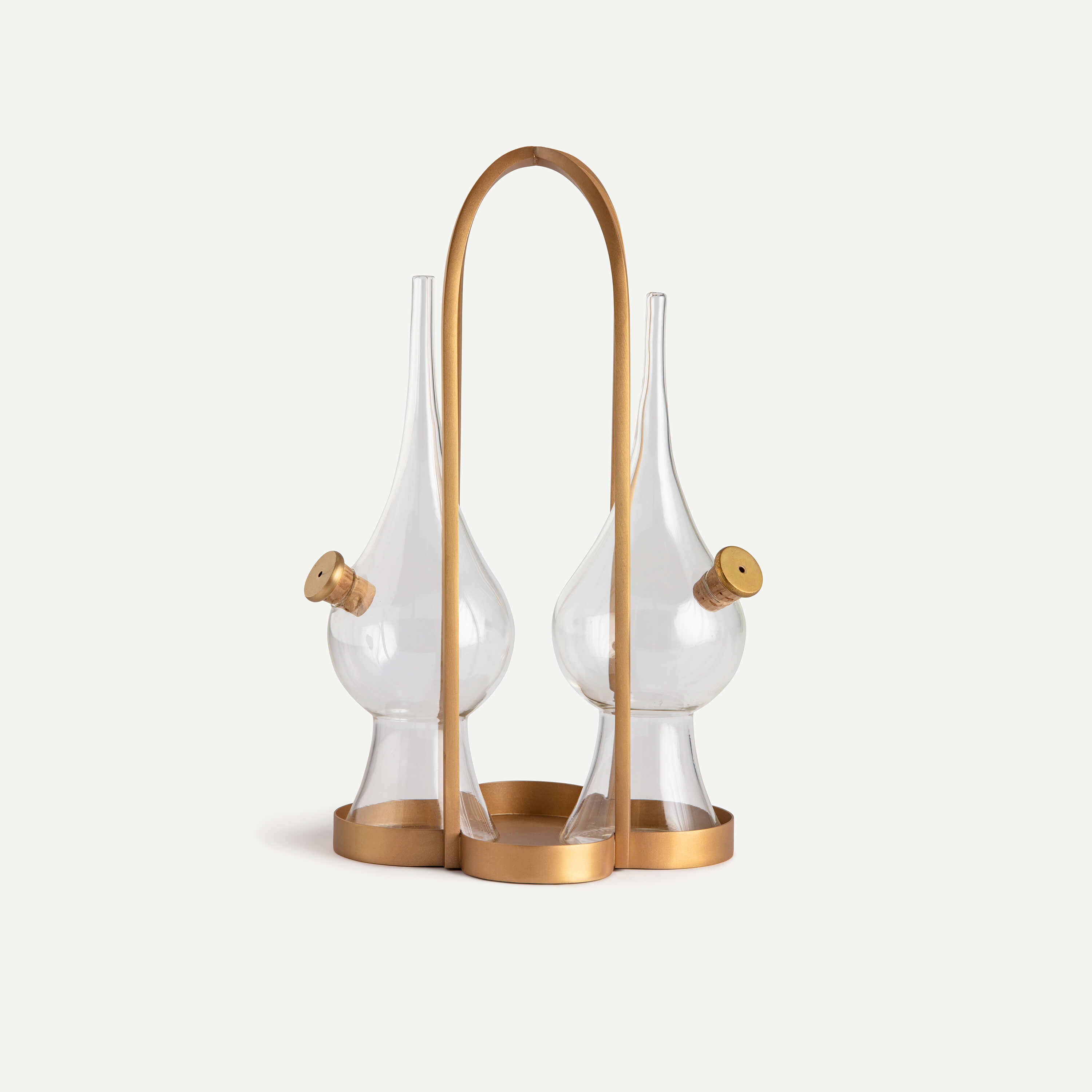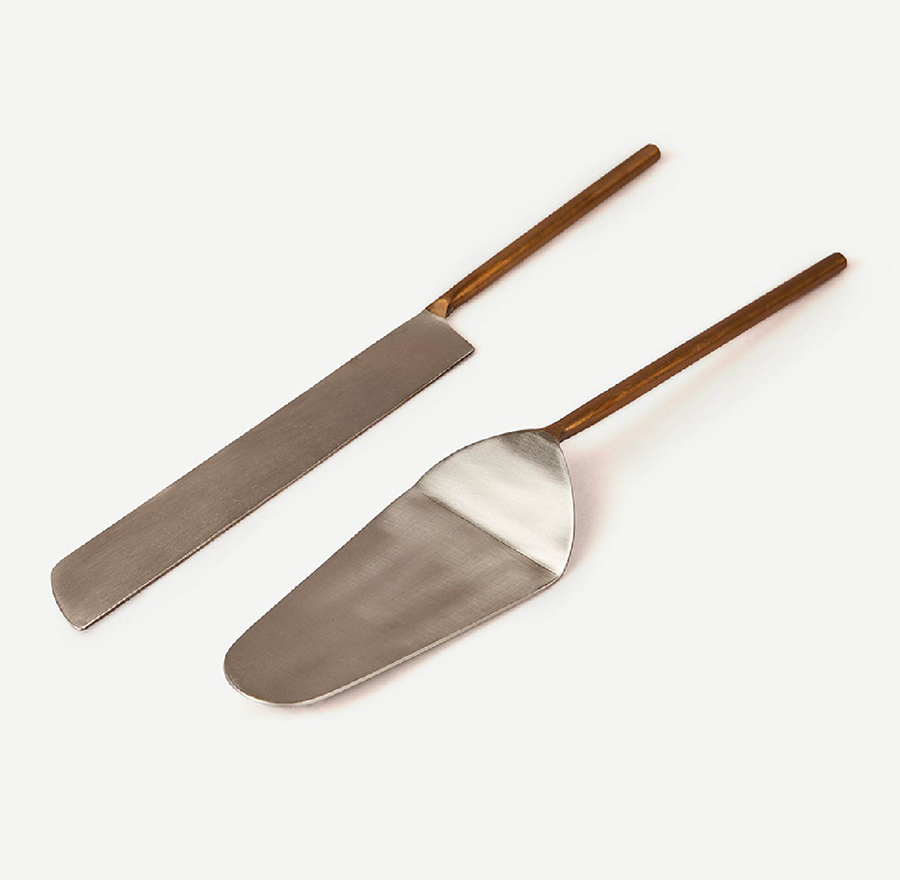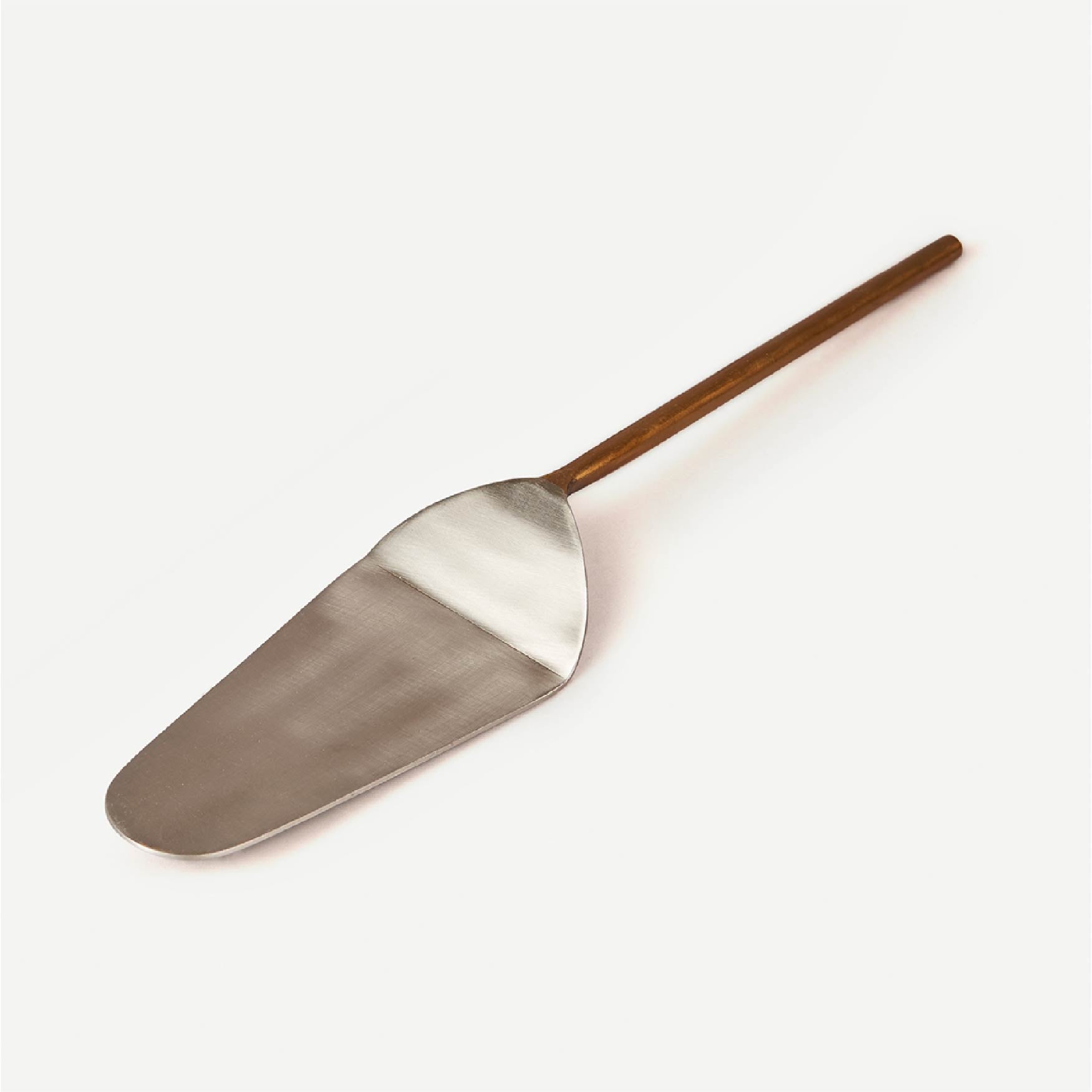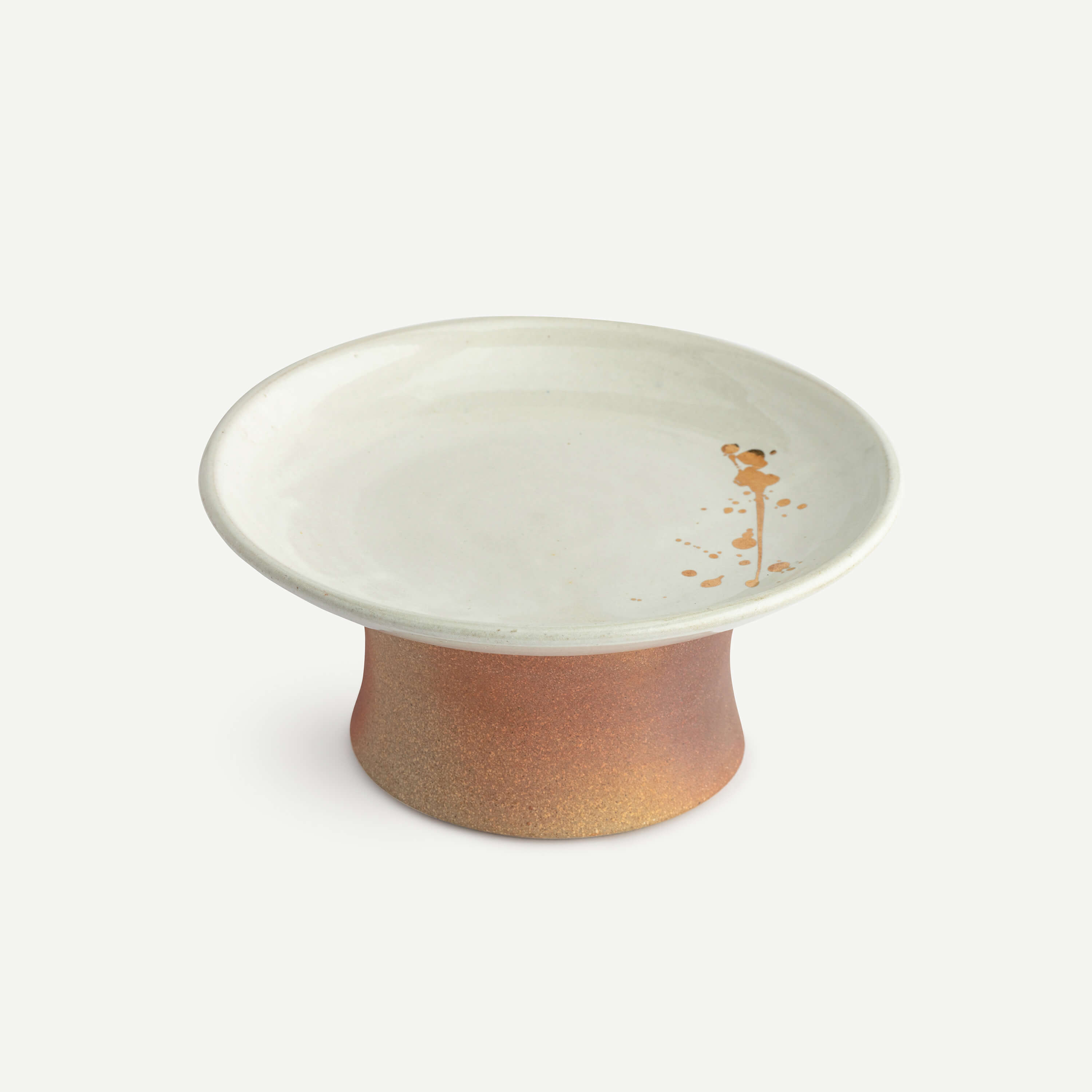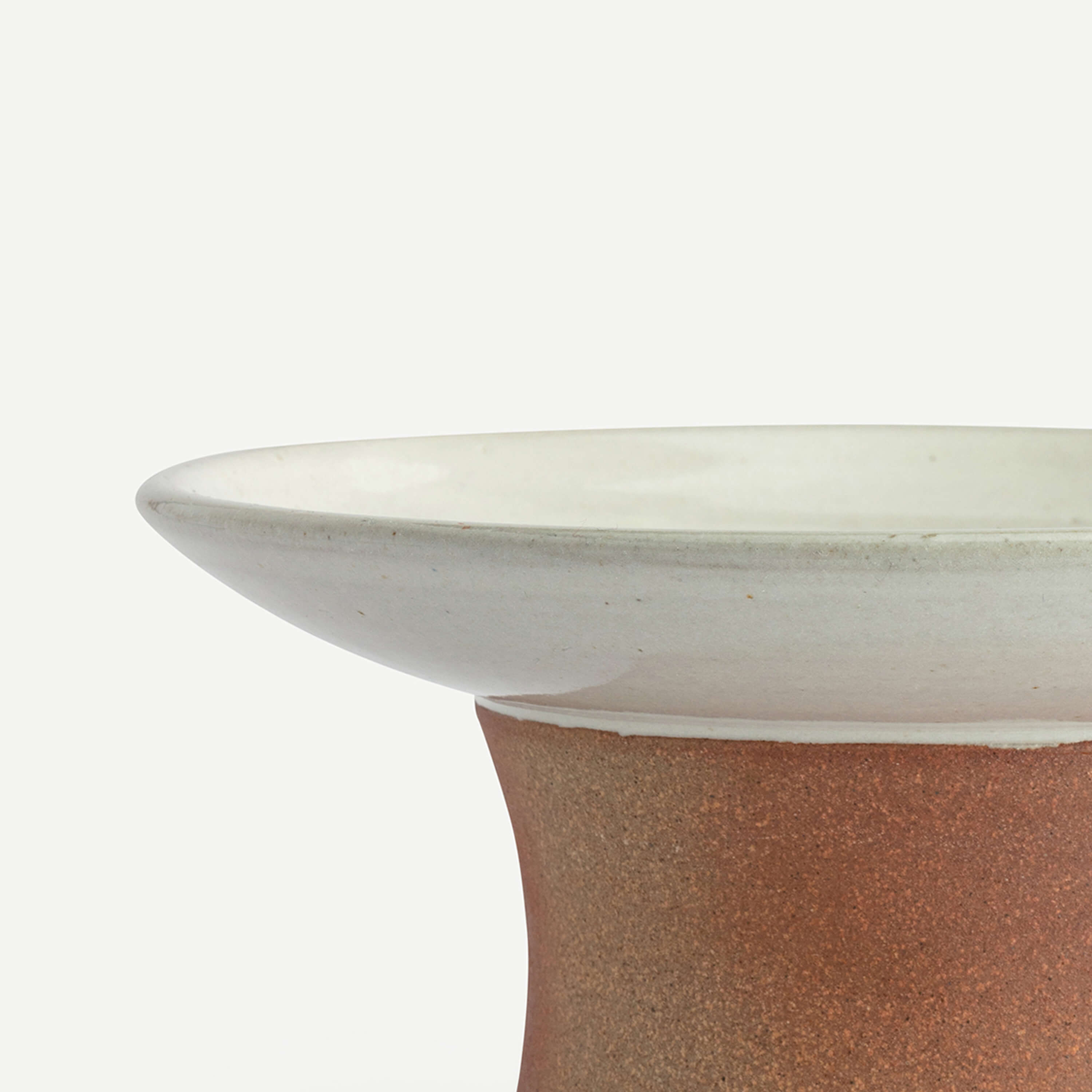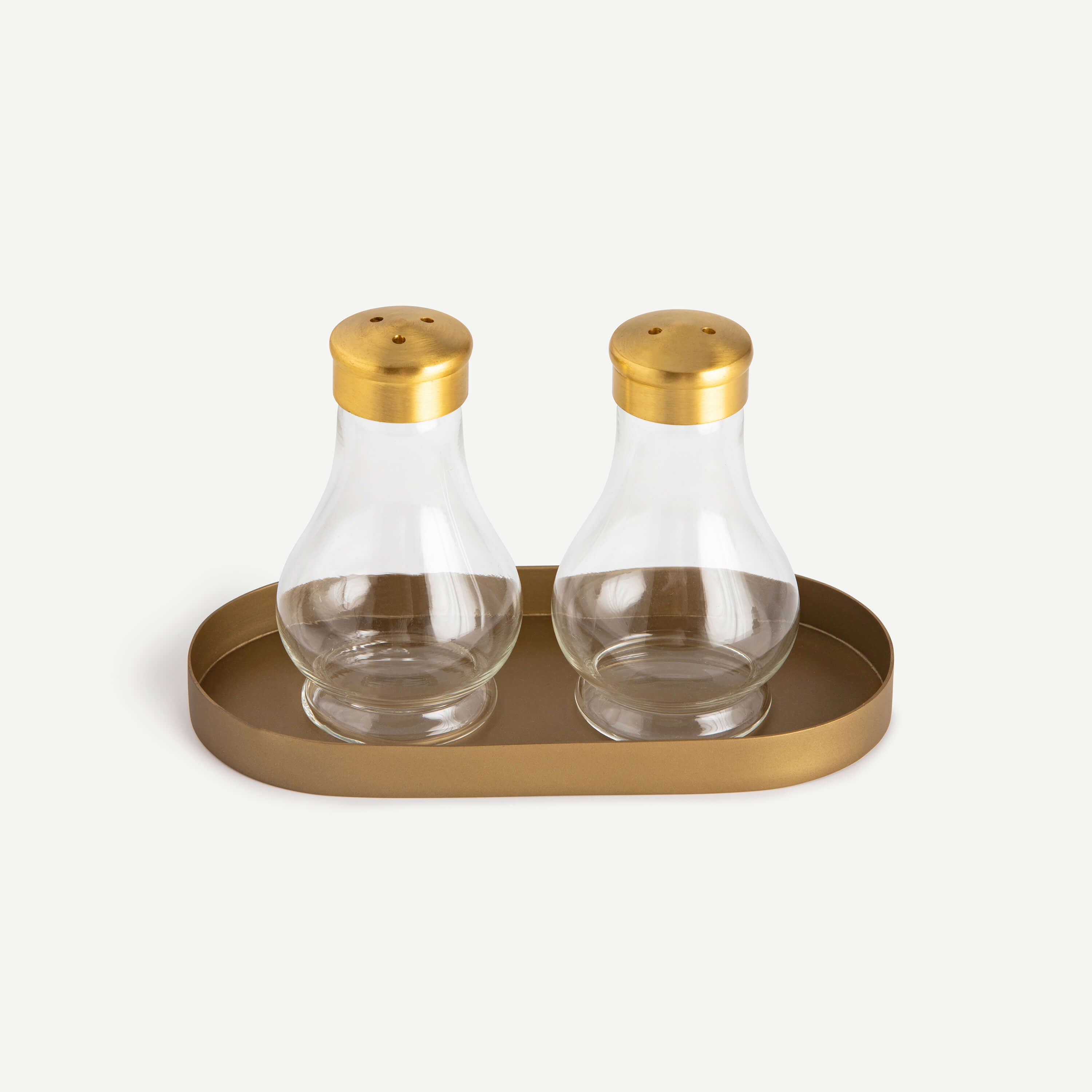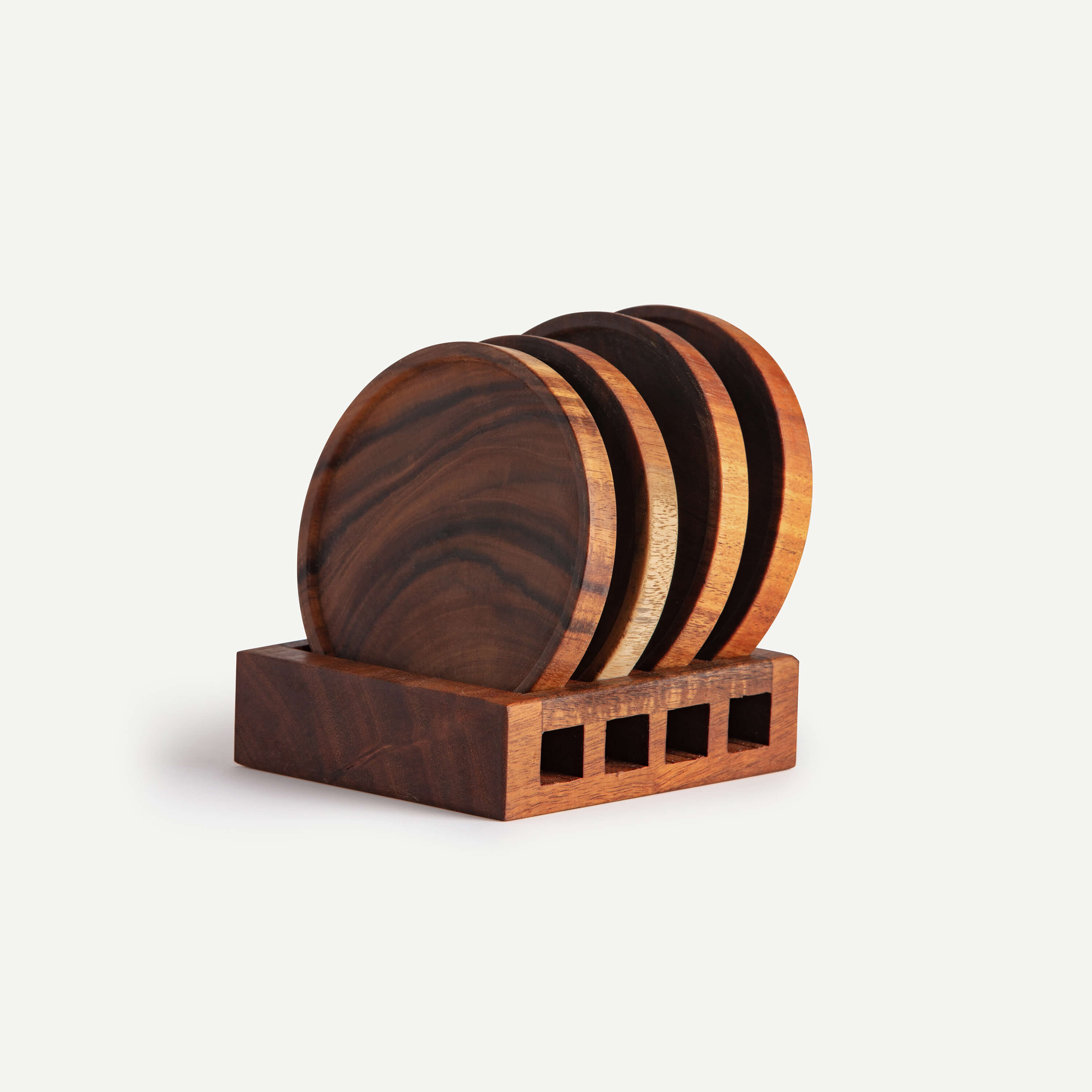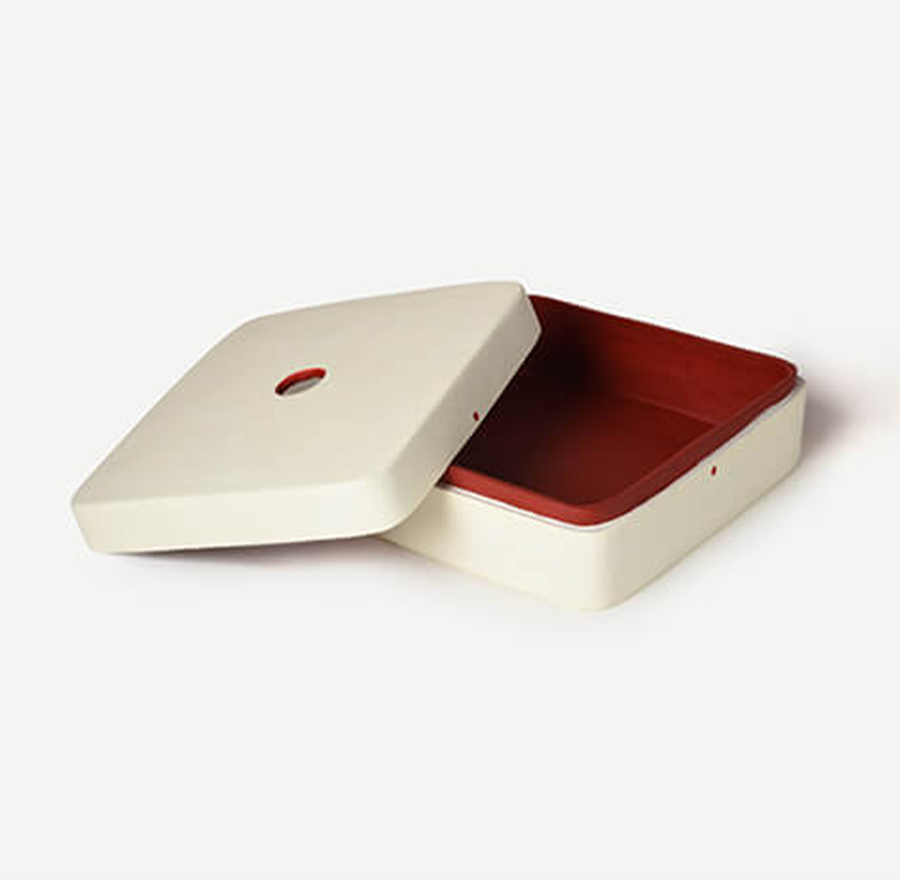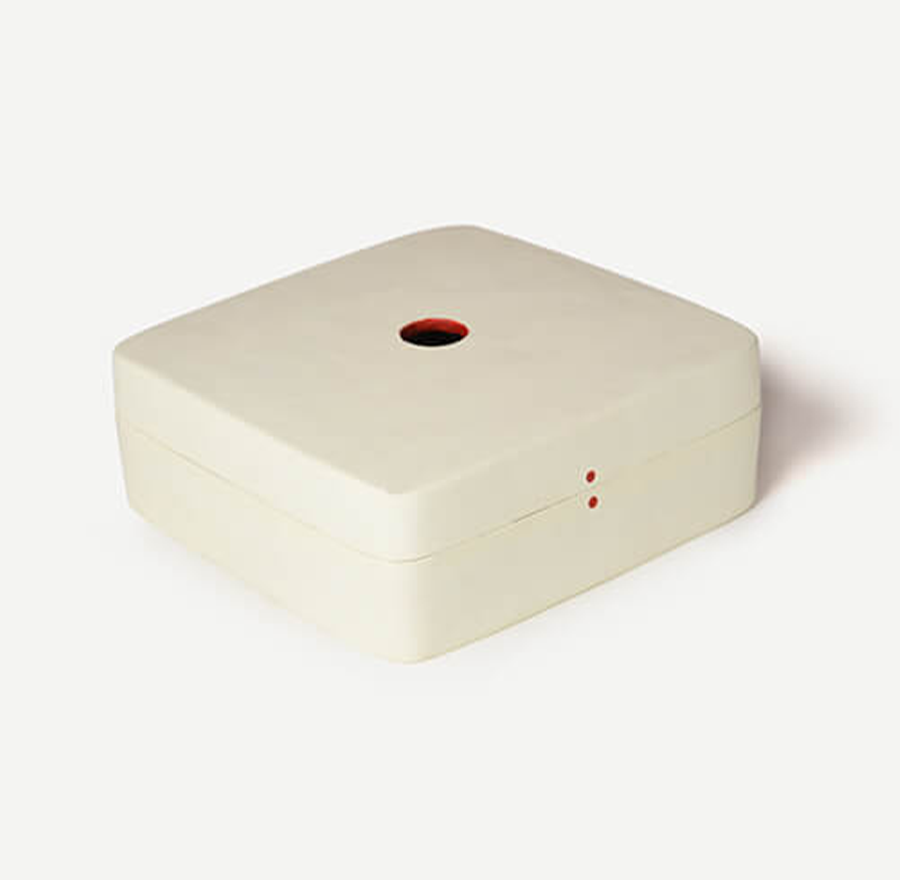DORATO T LIGHT HOLDER
A votive candle holder for a tranquil corner of your home
A votive candle holder for a tranquil corner of your home
Craft Type: Kansa Kaam
Kansa is believed to have therapeutic properties according to Ayurveda, an ancient system of natural medicine in the Indian subcontinent. As the metal ages, it oxidizes and becomes darker. All this just adds to the beauty of this metal and is the reason why serving on this plate enhances the experience of dining. A small plate, this kansa dish can be used to serve appetizers, desserts or even light meals. Craftspeople skilled in the traditional and ancient craft of making kansa ware are often referred to as kansari karigars.
This product is handmade by kansari karigars from Orissa. These craft clusters are spread across Puri, Ganjam, Gajapati, Gunpur, Balasore, Balangir and Dhenkanal.
This product is handcrafted and therefore slight variations in colors, textures and forms are inevitable and aren’t flaws.
Made in: Uttar Pradesh
Material: Kansa
Dimensions (cm): 6(L) x 5.8(B) x 3.4(H)
Dimensions (inches): 2.3(L) x 2.2(B) x 1.3(H)
Weight: 120 grams each Votive
No. of pieces in a set: 2, Two Votives
Kansa is a metal alloy of copper and tin, and the process of making kansa ware begins with melting these metals to make the alloy, followed by repeated hammering and beating of the metal alloy to give it form and shape. Ikai Asai’s kansa ware is handmade by craftspeople in Uttar Pradesh using tools such as hammers, pincers, tongs and scrapers. It is a highly skilled craft requiring years of practice. It is also a collaborative process and each piece requires multiple craftspeople to work together simultaneously.
- Wash by hand only, using a mild dishwashing soap, or with lemon and baking soda, or with imli (tamarind) as done traditionally. Use a soft sponge to avoid abrasions. Clean immediately after use, and wipe it dry using a clean, dry cloth.
- Kansa wares are safe to serve from and eat out of. However, it is not advisable for storing food.
- Avoid using kansa ware for serving or eating extremely sour or citric foods.
- This product is not microwave-safe.
- Kansa naturally darkens with use, and there is little you can do to prevent its natural ageing. If left untreated bronze will eventually turn entirely, but unevenly, dark. This dark oxidized state is the natural color of all copper alloys and is safe to use.
- Description
- Process & Craft
- Care
Craft Type: Kansa Kaam
Kansa is believed to have therapeutic properties according to Ayurveda, an ancient system of natural medicine in the Indian subcontinent. As the metal ages, it oxidizes and becomes darker. All this just adds to the beauty of this metal and is the reason why serving on this plate enhances the experience of dining. A small plate, this kansa dish can be used to serve appetizers, desserts or even light meals. Craftspeople skilled in the traditional and ancient craft of making kansa ware are often referred to as kansari karigars.
This product is handmade by kansari karigars from Orissa. These craft clusters are spread across Puri, Ganjam, Gajapati, Gunpur, Balasore, Balangir and Dhenkanal.
This product is handcrafted and therefore slight variations in colors, textures and forms are inevitable and aren’t flaws.
Made in: Uttar Pradesh
Material: Kansa
Dimensions (cm): 6(L) x 5.8(B) x 3.4(H)
Dimensions (inches): 2.3(L) x 2.2(B) x 1.3(H)
Weight: 120 grams each Votive
No. of pieces in a set: 2, Two Votives
Kansa is a metal alloy of copper and tin, and the process of making kansa ware begins with melting these metals to make the alloy, followed by repeated hammering and beating of the metal alloy to give it form and shape. Ikai Asai’s kansa ware is handmade by craftspeople in Uttar Pradesh using tools such as hammers, pincers, tongs and scrapers. It is a highly skilled craft requiring years of practice. It is also a collaborative process and each piece requires multiple craftspeople to work together simultaneously.
- Wash by hand only, using a mild dishwashing soap, or with lemon and baking soda, or with imli (tamarind) as done traditionally. Use a soft sponge to avoid abrasions. Clean immediately after use, and wipe it dry using a clean, dry cloth.
- Kansa wares are safe to serve from and eat out of. However, it is not advisable for storing food.
- Avoid using kansa ware for serving or eating extremely sour or citric foods.
- This product is not microwave-safe.
- Kansa naturally darkens with use, and there is little you can do to prevent its natural ageing. If left untreated bronze will eventually turn entirely, but unevenly, dark. This dark oxidized state is the natural color of all copper alloys and is safe to use.












